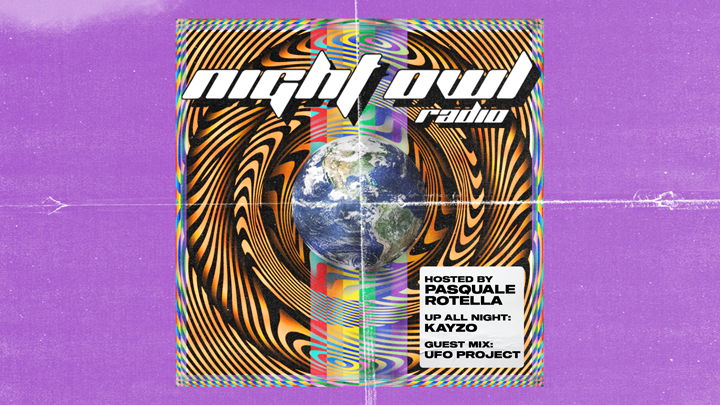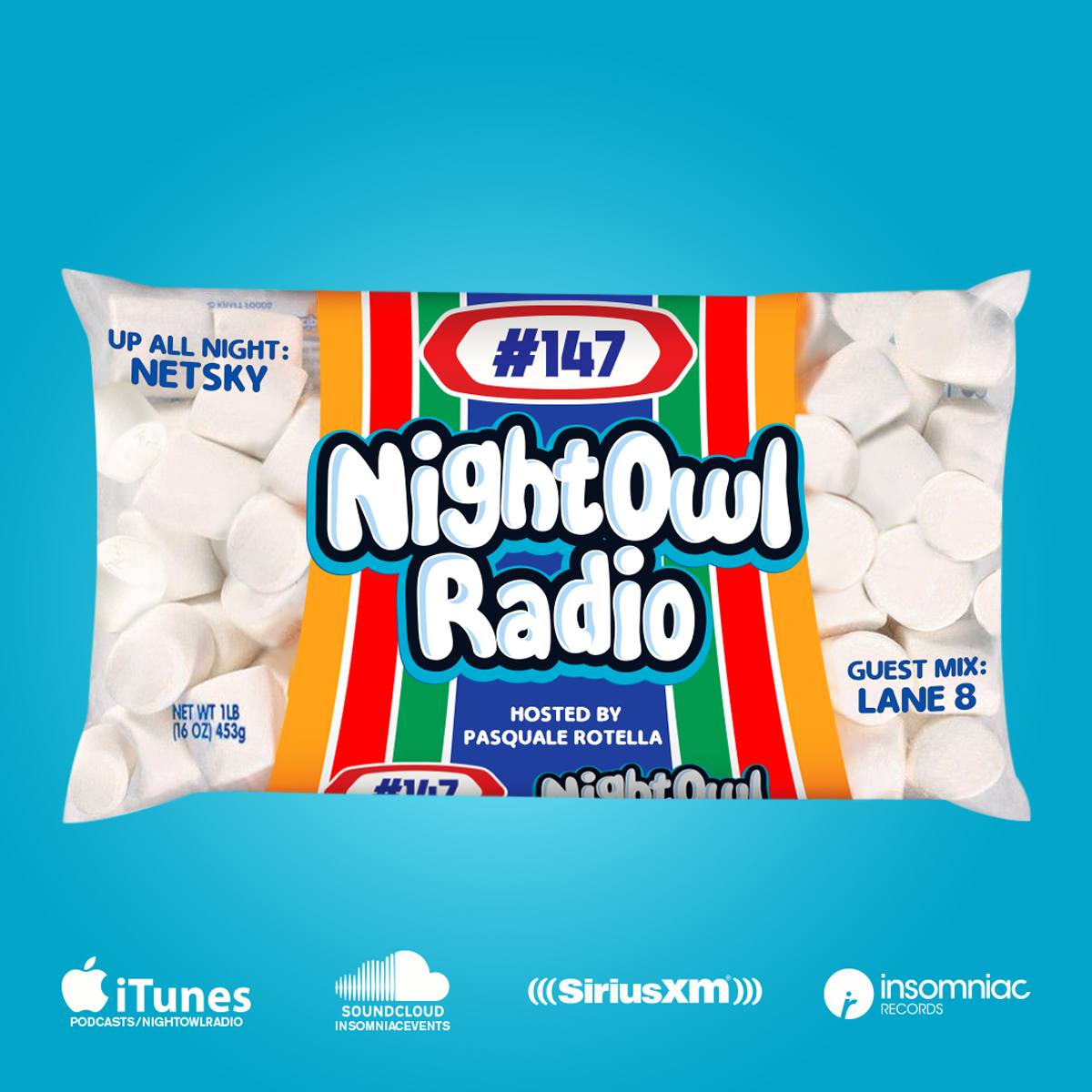

In a 2018 study that looked at more than 32,000 nurses, researchers found night owls were slightly more likely to be depressed than their morning lark colleagues.Īnd, it goes both ways: depressed people are more likely to be night owls, says Kripke, an emeritus professor of psychiatry at the University of California, San Diego.

Several studies have now linked chronotype to increased risk of depression, obesity, diabetes, and even substance abuse. Your chronotype may also put you at risk for certain diseases. The time of day when your brain is at peak performance depends on your chronotype, says Kristen Knutson, a sleep researcher at Northwestern University. All of these fluctuate in a 24-hour cycle. The internal clocks governing our sleep and wake times affect nearly every bodily function - body temperature, hormone production, metabolism, and brain activity. The differences between these two sleep patterns, or chronotypes, transcend an individual’s preferred bedtime, says sleep researcher Daniel Kripke. Night owls, on the other hand, sleep later into the day, perhaps even past noon, and reach their peak after the sun goes down. Morning people prefer to rise with the sun and feel the most energetic earlier in the day. Over the centuries, a combination of genetics and environment have made it so some of us have evolved to feel at our best during daylight hours, while others thrive at night. Anthropologists call this the sentinel theory. Sleep “shifts” would have shortened the window of time where everyone was asleep and the group was most vulnerable to potential threats. Such diversity may have benefited our ancestors: having people who are naturally inclined to sleep at different times may have increased the likelihood of survival for hunter-gatherer tribes. And, new evidence suggests they not only affect when we go to bed but also our physical and mental health. Our sleep schedules aren’t simply personal preferences - they’re innate, biological predispositions. When I’ve tried to adapt to my husband’s night-owl schedule, it hasn’t gone so well - staying up late one night usually requires a nap (or two) the next day. He prefers late nights, and even later mornings. By the time my husband stumbles out of bed each day, grumbling and bleary-eyed, I’ve already had breakfast, walked the dog, and knocked the first few items off my to-do list.


 0 kommentar(er)
0 kommentar(er)
